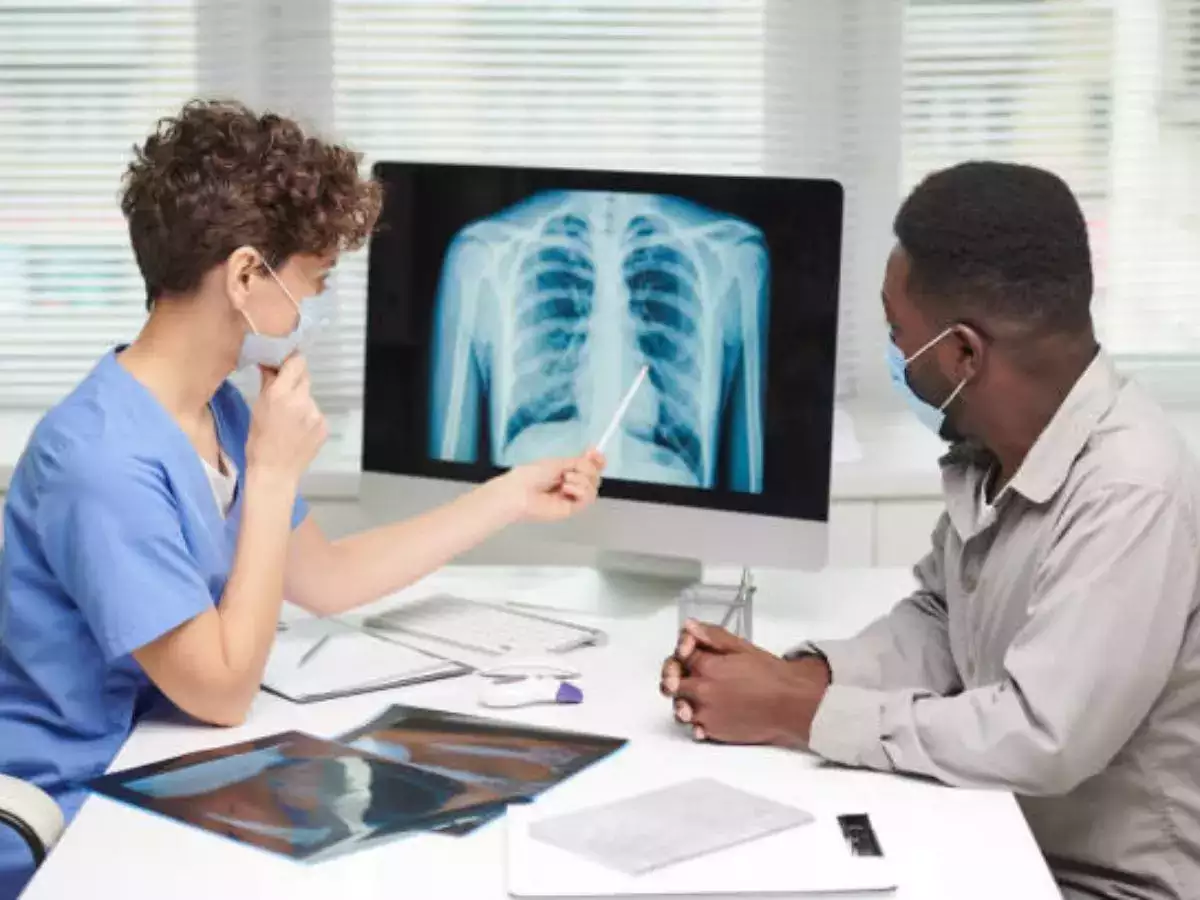Lung cancer is a tough opponent, but pulmonologists are rising to the challenge. They focus on early detection, innovative treatments, and patient-centered care. By catching lung cancer early, outcomes improve. sleep disorders Bridgewater specialists also play a role in managing related conditions. Together, these efforts form a powerful frontline in the fight against lung cancer.
Early Detection Saves Lives
Detecting lung cancer early makes treatment more effective. Pulmonologists use advanced imaging techniques and screenings to find cancer sooner. Low-dose CT scans are one of the tools used. Studies show these scans reduce lung cancer deaths by up to 20%. Regular screenings are key, especially for those at higher risk.
Innovative Treatments
With advances in medical science, treatment options have expanded. Pulmonologists explore targeted therapies and immunotherapies. These treatments focus on cancer cells while sparing healthy tissues. They offer new hope for improved survival and quality of life.
| Treatment | Focus | Benefits |
|---|---|---|
| Targeted Therapy | Cancer cell mutations | Fewer side effects |
| Immunotherapy | Immune system | Long-term response |
| Chemotherapy | All rapidly dividing cells | Proven efficacy |
Patient-Centered Care
Care focused on the patient is essential. Pulmonologists tailor treatment plans to individual needs. They consider factors like age, stage of cancer, and overall health. This personalized approach ensures patients receive the best possible care.
Support systems also matter. Nurses, counselors, and other specialists assist in comprehensive care. They help manage symptoms and improve daily life. Access to resources and education empowers patients and families.
Research and Development
Research drives progress in lung cancer treatment. Pulmonologists participate in clinical trials to test new therapies. These trials help discover safer and more effective treatments. According to the National Cancer Institute, ongoing research explores the genetic factors of lung cancer. This knowledge leads to better prevention and treatment strategies.
Public Awareness and Education
Raising awareness about lung cancer can save lives. Many are unaware of the risk factors and symptoms. Public education campaigns inform and encourage screenings. They also reduce stigma, making it easier for patients to seek help.
Organizations and health systems provide resources for education. They offer materials on prevention, screening, and treatment. Awareness initiatives reach diverse communities, ensuring everyone has access to vital information.
Combating Risk Factors
Smoking remains the leading cause of lung cancer. Pulmonologists advocate for smoking cessation programs. These programs support individuals in quitting and staying smoke-free. They also push for policies that limit smoking in public spaces.
Other risk factors include exposure to radon and pollution. Pulmonologists work with public health officials to address these issues. Reducing exposure can prevent new cases and protect public health.
The Role of Sleep Specialists
Managing sleep disorders is crucial for lung cancer patients. Poor sleep affects treatment outcomes and quality of life. Specialists like those at sleep disorders Bridgewater centers help manage these problems. They provide treatments that improve sleep and overall well-being.
A Collaborative Effort
The fight against lung cancer requires teamwork. Pulmonologists, researchers, and public health experts work together. Their efforts lead to better detection, treatment, and prevention strategies. Support from patients, families, and communities strengthens these efforts. Together, they make progress in the battle against this challenging disease.

